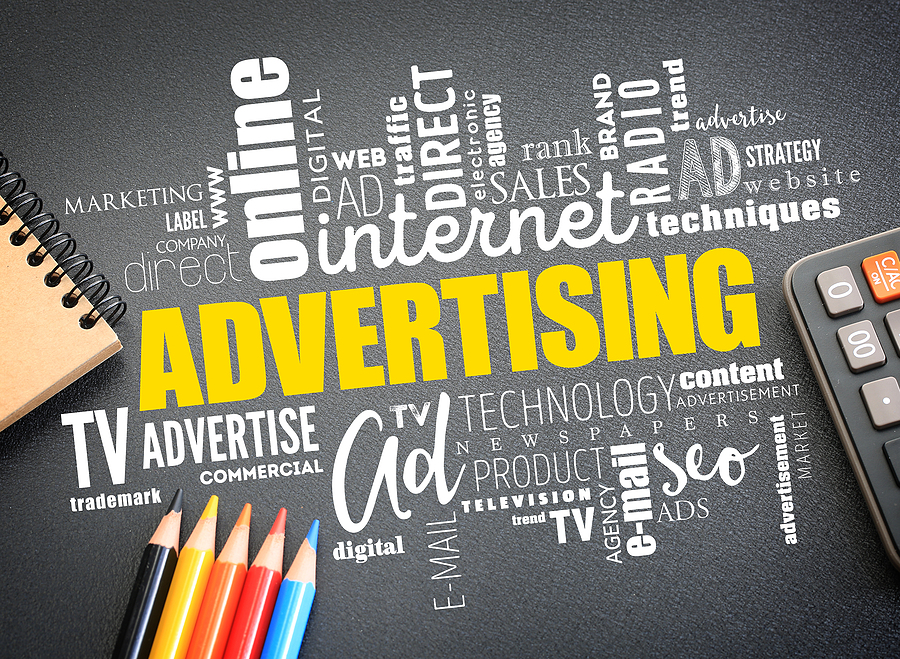Translation is vital in the advertising industry, particularly if a business wants to operate in an international context. Successful advertisements must be engaging and appealing to their targeted market and address the audience with the most appropriate vocabulary. This is the key to the most effective advertising campaign. Advertisements often depend on subtle nuances placed within the text, so this means the literal translation is typically not sufficient to provide the right meaning. This means the advertisements need to be translated by a translator who can translate these subtle meanings without mistranslation.
Key tips for a successful advertisement translation
1. Know all there is to know about your targeted audience
If you are targeting, for example, an audience with a certain amount of money, this doesn’t mean the language you use in your translations will be the same. For example, older people with the same amount of disposable income as a younger age range may not be engaged with language that might be used by a younger person.
2. Recognize the importance of transcreation
A common mistake in any advertising translation is the literal translation that fails to completely understand the advert. All translations of advertising material need transcreation; that is when the wording and the tone are adapted to suit the target market. To ensure an advertisement has the best translation using a qualified translator of that language who resides locally might be the best way of ensuring an appropriate translation of the advertisement.
3. Forget machine translation
Running the text of an advert through Google Translate will not bring a good result. Machine translation gives literal translations, which do not work well in advertising campaigns.
4. Understanding the culture
An effective advertising translation depends on more than just translating a message meaning it also involves assessing how suitable a translation is likely to be for the audience. An insensitive translation of a marketing campaign could put off a potential customer, and, even a whole country. It could damage a company’s image and reputation and destroy customer relations. It is important to consider carefully all the marketing and advertising material and ensure the wording in the source language won’t offend the targeted customer in the translation.
5. Adapting SEO to the targeted market
SEO needs to be developed and adapted for each individual market so that it achieves maximum attention from the targeted audience. A translator or native speaker who understands all the ins and outs of a professional translation is necessary if the desire is to reach as many people as possible.
6. Trust your local translators
It would be so convenient if one advertisement could be used across all cultures and language speakers. Unfortunately, in practice, this isn’t the best way to go as cultures don’t always respond in the same way to advertising materials. The best way to adapt to these differences is to engage local translators who not only know their two languages well but also know the best way to use a translation of an advertisement, so it gets maximum interest. Looking at an advert from a local perspective helps to ensure the most appropriate language is used and no one is offended by the language used in the translation.
A good advertisement translation will have input from native speakers who both life and breathe their local culture and understand completely the subtleties of their language. Effective translation when used in advertising depends upon experts who are able to make use of their experience and knowledge to translate thoughtfully so that the advertisement translation reaches the targeted audience.



